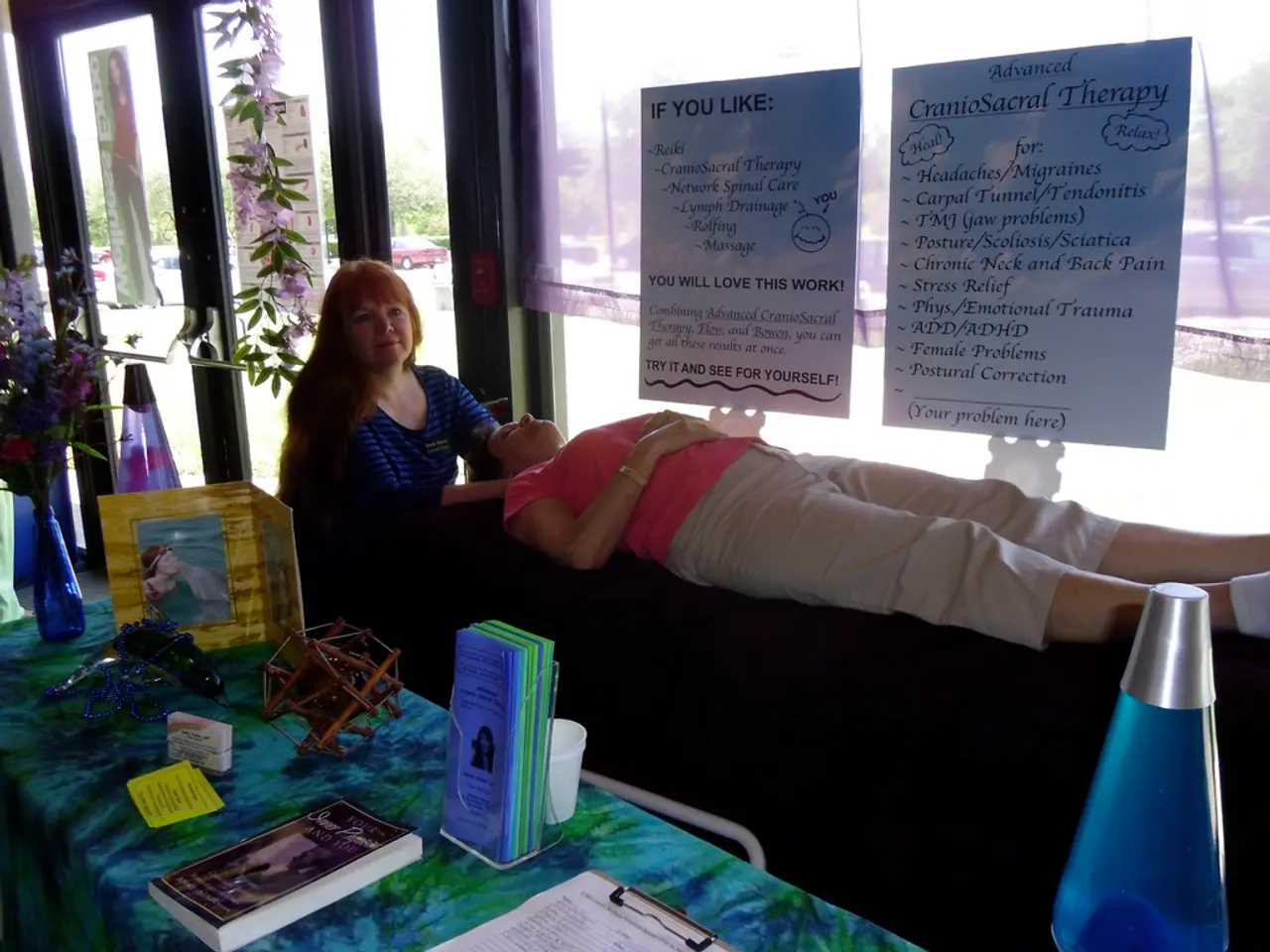Obsessive-Compulsive Disorder and Real Life Scenarios: Symptoms, Therapies, and Further Insights
Real Event OCD: Understanding the Trauma-Related Manifestation of Obsessive-Compulsive Disorder
Real Event OCD, also known as Real Life OCD, is a form of Obsessive-Compulsive Disorder (OCD) where the obsession centers around a past event or situation. Unlike Post-Traumatic Stress Disorder (PTSD), which is directly caused by exposure to actual or threatened trauma, real event OCD is primarily a disorder of thinking and uncertainty intolerance.
Symptoms and Similarities
Both real event OCD and PTSD share some overlapping symptoms. They can involve intrusive, distressing thoughts or memories related to trauma, lead to avoidance behaviors, and be accompanied by anxiety, sleep disturbances, and irritability. Trauma can intensify OCD symptoms, and up to approximately 19% of OCD patients may have comorbid PTSD.
Differences
Despite the similarities, there are fundamental differences between the two disorders. Real event OCD involves obsessions (recurrent, unwanted thoughts) and compulsions (ritual behaviors) often linked to attempts to reduce distress and uncertainty, with magical thinking (e.g., symmetry prevents bad events) playing a role. In contrast, PTSD focuses on reexperiencing trauma via flashbacks, nightmares, intrusive memories, hyperarousal, avoidance, and negative changes in mood and cognition directly related to the trauma.
Treatment
The primary treatment for OCD, including real event OCD, is cognitive-behavioral therapy focused on addressing obsessions and compulsions, including managing uncertainty. Trauma-focused treatments may be needed if PTSD comorbidity is present. Medications such as Serotonin-specific reuptake inhibitors (SSRIs), Serotonin-norepinephrine reuptake inhibitors (SNRIs), and antipsychotics are also used in the treatment of OCD.
Living with Real Event OCD
People with real event OCD typically experience excessive rumination about what they did or did not do in the past, causing excessive guilt, shame, and anxiety. They may also avoid places, people, or things that are reminders of the event, have intrusive, unwanted, or distressing thoughts that occur without warning, and have a need for reassurance. It is common for real event OCD to co-occur with other conditions, such as depression.
Management Strategies
Relaxation practices such as deep breathing, guided imagery, and progressive muscle relaxation can provide physiological and psychological relaxation and overall well-being. Eating a healthy and balanced diet and getting regular exercise can be beneficial for helping manage anxiety and depression symptoms. A specific type of cognitive behavioral therapy, exposure response prevention (ERP), is the most common psychotherapy for OCD. People also use mindfulness-based cognitive therapy, such as relaxation and meditation.
Conclusion
Understanding the differences and similarities between real event OCD and PTSD is crucial for effective diagnosis and management. The symptom overlap can complicate diagnosis and treatment, highlighting the importance of thorough assessment and possible integrated trauma-focused interventions if both coexist. Getting enough sleep is important for coping with OCD, and people with OCD often have poorer sleep quality and more sleep disturbances than people who do not have OCD.
Mental health is critical in understanding and managing Real Event OCD, a type of Obsessive-Compulsive Disorder (OCD) that focuses on past events. Many people living with Real Event OCD often experience co-occurring conditions such as depression and exhibit symptoms like excessive rumination, intrusive thoughts, and avoidance behaviors. In treating Real Event OCD, mental health professionals may use approaches like cognitive-behavioral therapy, trauma-focused treatments, and medication, such as Serotonin-specific reuptake inhibitors (SSRIs), Serotonin-norepinephrine reuptake inhibitors (SNRIs), and antipsychotics. Health-and-wellness practices, such as relaxation techniques, diet, and exercise, can also aid in managing anxiety and depression related to Real Event OCD.




